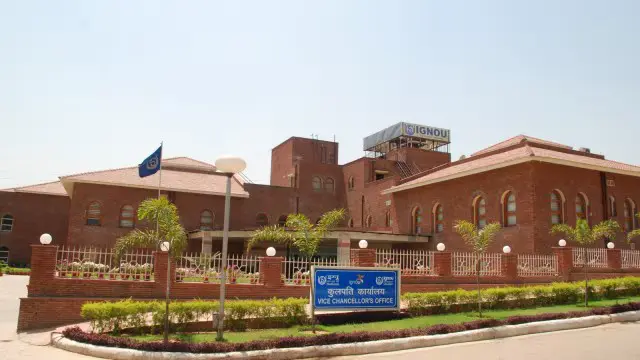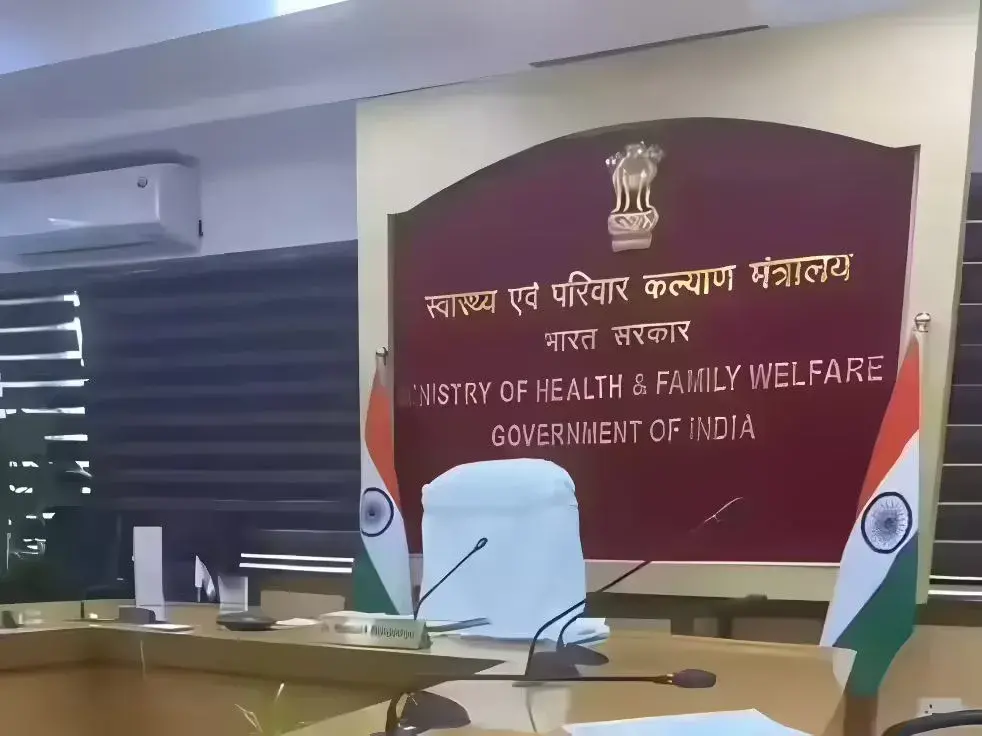India, US Set to Sign New 10-Year Defence Agreement by Year-End
India and the United States are on track to formalize a fresh 10-year Defence Framework Agreement by the end of 2025, marking a new chapter in their strategic military partnership. The announcement was confirmed by US Senior Defence Spokesperson Colonel Chris Devine following a high-level phone conversation between US Secretary of Defence Pete Hegseth and India’s Defence Minister Rajnath Singh. According to a Pentagon release, the two leaders agreed to finalize and sign the updated framework during their scheduled meeting later this year. The agreement aims to deepen defence collaboration, enhance joint operational capabilities, and promote greater defence industrial cooperation. Taking to social media platform X, Defence Minister Rajnath Singh expressed optimism about the discussion, stating: “Glad to speak with US Secretary of Defense Pete Hegseth today. We had an excellent exchange on advancing India-US defence cooperation and capacity building. I thanked the US for its consistent support in India’s fight against terrorism and look forward to meeting him soon.” Secretary Hegseth reiterated the United States’ commitment to strengthening defence ties with India, recognizing it as a pivotal partner in the South Asian region. Both leaders took stock of the progress made since the February 2025 Joint Statement issued by President Trump and Prime Minister Modi, which laid out key defence goals. As per the Pentagon, the conversation also covered several strategic points: upcoming major US defence sales to India, the need for tighter defence industry collaboration, and enhancing joint military capabilities. India’s Ministry of Defence, in a separate statement, confirmed that the dialogue spanned a broad spectrum of topics, including long-term defence cooperation, personnel training, and expanded military exchanges. The discussions also touched on increasing joint exercises, interoperability between armed forces, logistical cooperation, and strengthening global partnerships with other like-minded nations. Both countries emphasized accelerating momentum in these areas to elevate their bilateral defence relationship to new heights in the coming decade. Source: ANI
India, US Set to Sign New 10-Year Defence Agreement by Year-End Read More »










